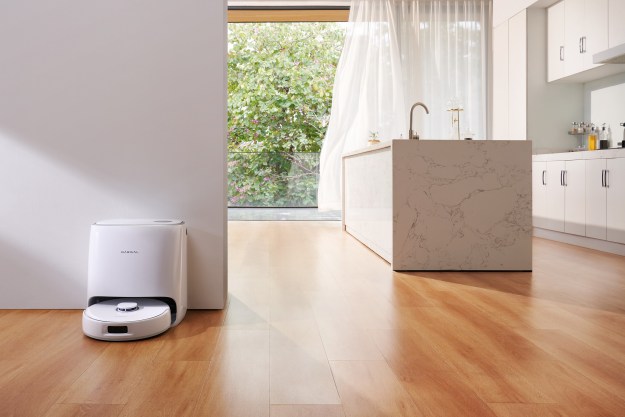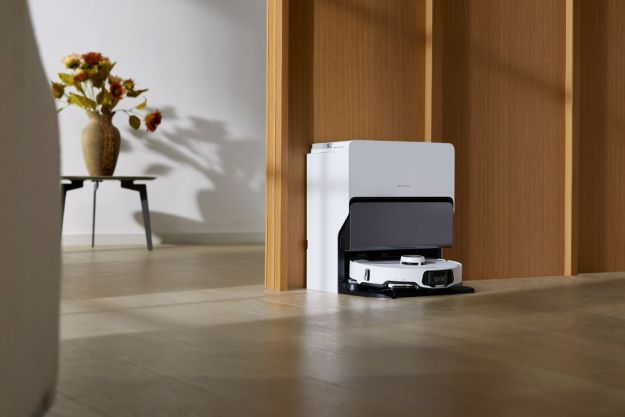
And then there are real estate brokers. While they sometimes possess knowledge not exactly public about properties, their motivations are only partially sincere, making any recommendations or advice difficult to take on faith.
Quo’s secret sauce, so to speak, is its deep database of info on every property.
That’s where Quo steps in. It’s a startup that wants to help you find a place to live.
The Cleveland, Ohio-based Quo, which recently entered beta, is the brainchild of co-founder Amit Patel. “I was looking for an apartment in Cleveland, and it was pretty challenging,” he told Digital Trends. “I didn’t know the nightlife or neighborhoods, and it was really tough to manage across all the services out there. It was a time-consuming process.”
With that experience fresh in mind, Amit started Quo with partner Naman Desai. “I knew [apartment hunting] was tough for a lot of folks and I wanted to do something about it,” said Amit.
Quo is best described as a consultation service for prospective apartment buyers. The company employs a team of “local experts” — people who’ve lived in apartments within a given market for a set period of time — that aim to take the hardest parts out of property searching. Concierges, Desai explained, coordinate with customers through “whatever medium they find most suitable” to find apartments that match their criteria.
“If someone’s interested in a building, the concierge will check availability, set up an appointment, and reach out to landlords,” he said. “A property manager and leasing agent can then talk about aspects of the building with the user.”
How is Quo superior to the thousands of apartment listing websites, exactly? Desai sums up its advantage in two words: experience and data.
“Our concierge team is made up of people very well-versed in how to relate to our customers’ lives and understand what they’re looking for,” said Desai. But they’re only part of Quo’s one-two punch. The secret sauce, so to speak, is the company’s deep database of information on every property. Using a proprietary workflow, Quo concierges tag not only how buildings are reviewed by renters, but also information gleaned anecdotally, like the cleanliness of swimming pools and the noise level of nearby areas, for example.
Customers pay a “market appropriate” 60-day subscription rate.
“We’re able to hone in on a data point to find a place that suits a hobby or way of living,” Desai elaborated. “One thing I always tell people is, the day you sign your lease is the most you know about an apartment. We have that level of knowledge and more every single day of the year.”
That kind of granularity is one thing Quo has going for it. The other is competitive pricing. Customers pay a “market appropriate” 60-day subscription rate. In Cleveland, the cost is 8 percent of the average area apartment rent ($758), which amounts to about $40. We don’t yet know what it will cost in other cities.
Amit and Desai are also exploring commission-based revenue streams, but say they won’t pursue them unless they can find a way to avoid the perceptions of bias that would likely follow. “We want to build relationships with apartments with our principles in mind,” Desai said. “We want to send customers to buildings that match their lifestyle.”
Perhaps in a conscious effort to avoid the much-publicized pitfalls that have plagued other concierge startups, Quo is sticking to the Cleveland market for now. “We’re making sure we don’t overextend our team or ourselves,” said Amit. But despite an initially methodical pace, Desai and Amit are confident Quo can scale quickly. They’ve already begun recruitment in several Texas markets — Austin, Houston, Dallas, and San Antonio — and plan to launch in May.
“We’re happy with the throughput rate,” said Amit. “Even without the benefit of a highly sophisticated backend, we’re scaling effectively and efficiently.”
Ultimately, Amit thinks Quo’s philisophy will be the key to its success: “Apartment searching is such a specialized thing. It’s something you’d only entrust to a person or business that’s dead set on finding a building for you,” he said. “Only we’re providing that level of service in that area.”
We may not live in a future where every task is delegable to a super specialist, but if Quo’s concept works, finding an apartment may get a whole lot easier.
Quo is live at RentQuo.com. Sign-ups are restricted for now, but you can sign up for email updates on future expansion.




